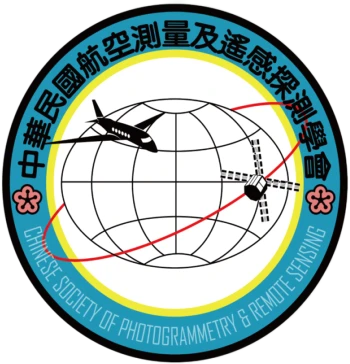The indigenous peoples have been living in Taiwan for thousands of years. Comparing to the western-style science education, they have completely different pedagogy to establish and to pass their own environmental knowledge, living styles, and cultures. However, the young generation of the indigenous people is losing their traditional point of view to their environment under current western-style science education system. Especially for the indigenous peoples who moved to cities for living, the opportunities for their young generation to learn how to interact with natural environmental resources are significantly decreased.
Based on the above, we proposed a concept called “Virtual Indigenous Tribe” in this study. We integrate traditional ecological knowledge into Immersive Virtual Reality to let urban indigenous youths learn the knowledge in a more intuitive way. We collected traditional ecological knowledge through the interviews with elders, integrating it into panoramic videos and images taken by 360° panoramic cameras and the Unmanned Aerial Vehicle (UAV) to build Virtual Indigenous Tribe. Finally, we use Unity to develop immersive virtual tribe APP.
We cooperate with urban indigenous class of Shulin Senior High School to evaluate the effectiveness of Virtual Indigenous Tribe teaching. The results show that Virtual Indigenous Tribe teaching can significantly improve more students' cognition of traditional ecological knowledge than general teaching. In this study, we hope that “Virtual Indigenous Tribe” can be used as an auxiliary teaching tool to enable urban indigenous students to break through the limitations of time and space to learn traditional ecological knowledge in a more authentic way, and increase students’ curiosity about their own tribal history, culture and knowledge.

